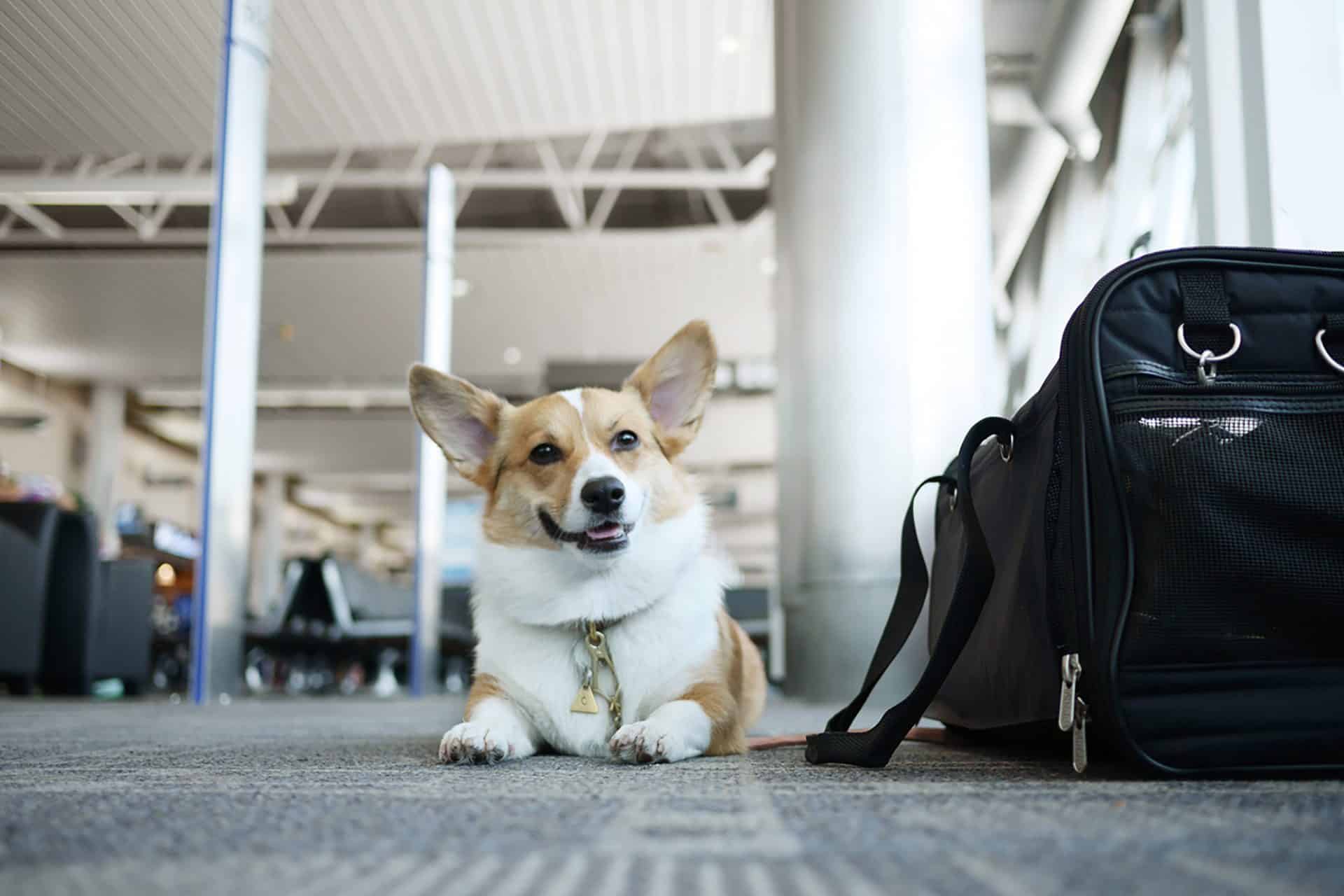Guide to Completing Tax Filing Procedures for Bringing Dogs into Japan
Bringing your furry friend to Japan can be an exciting but detailed process, especially when it comes to navigating the tax and import regulations. To ensure a smooth journey for both you and your dog, understanding the necessary tax filing and procedural requirements is essential. Here’s an SEO-optimized guide to help you with the process.

1. Do You Need to Pay Taxes for Bringing a Dog into Japan?
In most cases, Japan does not impose a specific import tax on pets like dogs. However, there are procedures and potential fees associated with customs clearance, health certifications, and quarantine. Ensuring all documentation is correct is crucial to avoid unnecessary delays or additional charges.
2. Essential Documentation for Importing Dogs into Japan
To successfully bring your dog into Japan, you’ll need to prepare the following documents:
- Microchip Certification: Your dog must have an ISO-compliant microchip.
- Rabies Vaccination Certificate: Japan requires proof of at least two rabies vaccinations, administered after the dog reaches three months of age.
- Health Certificate: Issued by a licensed veterinarian and endorsed by the relevant authority in your country.
- Advance Notification to Animal Quarantine Service: Notify Japan’s Animal Quarantine Service (AQS) at least 40 days before your arrival.
These documents help you clear customs and avoid any legal complications.
3. Customs and Quarantine Procedures in Japan
Upon arrival in Japan, you and your dog must go through the Animal Quarantine Service. Here’s what to expect:
- Quarantine Inspection: If all documents are in order, the inspection may take only a few hours. Without proper documentation, your dog could face a quarantine period of up to 180 days.
- Customs Declaration: Declare your dog as a personal effect when entering Japan. There’s usually no duty tax, but misdeclarations can result in fines or delays.


